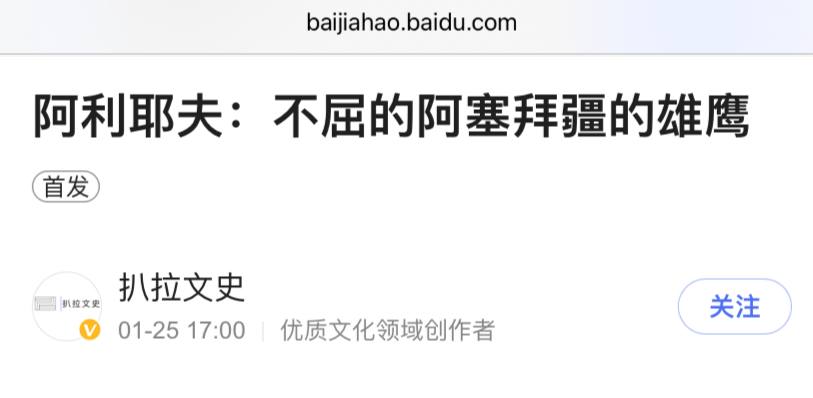PR
Size: a a a
2021 November 15
А вызовы какие угодно уже
PR
кстати вот еще
PR
Influences, Unintended Consequences and Ripple Effects: Conceptualizing the Presence of China in Southeast Asia
Enze Han, The University of Hong Kong
Introduced by Marco Zappa, Università Ca’ Foscari Venezia
Abstract
Existing studies on China’s relations with Southeast Asia tend to focus on China’s power dynamics with regional states, and how such power has been used to achieve influence in the region. Focusing on intentionality, influence is thus defined as how China uses its power to coerce, induce and persuade others to behave in a particular way. Relatedly, much emphasis has been put on the Chinese state as the willing agent. This talk goes beyond such convention, and intends to explore, in addition to influences, what are the unintended consequences and ripple effects related with the presence of China in Southeast Asia. This talk thus lays down a typology for thinking through the varieties of China’s presence in Southeast Asia in their everyday forms. It argues that we need to understand such complexity to make sense of China’s relations with Southeast Asia and the implications of such relations.
Bio
Enze Han is Associate Professor at the Department of Politics and Public Administration at the University of Hong Kong. His research interests include ethnic politics in China, China's relations with Southeast Asia, and the politics of state formation in the borderland area between China, Myanmar and Thailand. He is the author of Asymmetrical Neighbours: Borderland State Building between China and Southeast Asia (Oxford University Press, 2019) and Contestation and Adaptation: The Politics of National Identity in China (Oxford University Press, 2013).
Zoom Event organized within the Minor Program in Global Asian Studies of the Ca’ Foscari International College.
Please register at this link:
https://unive.zoom.us/meeting/register/tZ0kdeysrTsqHtQSVub6s2OPbfR01vxgPpKy
Enze Han, The University of Hong Kong
Introduced by Marco Zappa, Università Ca’ Foscari Venezia
Abstract
Existing studies on China’s relations with Southeast Asia tend to focus on China’s power dynamics with regional states, and how such power has been used to achieve influence in the region. Focusing on intentionality, influence is thus defined as how China uses its power to coerce, induce and persuade others to behave in a particular way. Relatedly, much emphasis has been put on the Chinese state as the willing agent. This talk goes beyond such convention, and intends to explore, in addition to influences, what are the unintended consequences and ripple effects related with the presence of China in Southeast Asia. This talk thus lays down a typology for thinking through the varieties of China’s presence in Southeast Asia in their everyday forms. It argues that we need to understand such complexity to make sense of China’s relations with Southeast Asia and the implications of such relations.
Bio
Enze Han is Associate Professor at the Department of Politics and Public Administration at the University of Hong Kong. His research interests include ethnic politics in China, China's relations with Southeast Asia, and the politics of state formation in the borderland area between China, Myanmar and Thailand. He is the author of Asymmetrical Neighbours: Borderland State Building between China and Southeast Asia (Oxford University Press, 2019) and Contestation and Adaptation: The Politics of National Identity in China (Oxford University Press, 2013).
Zoom Event organized within the Minor Program in Global Asian Studies of the Ca’ Foscari International College.
Please register at this link:
https://unive.zoom.us/meeting/register/tZ0kdeysrTsqHtQSVub6s2OPbfR01vxgPpKy
CA
Это он что-то новое сейчас открыл о_0?
PR
хосспади, ну сходите послушайте
PR
willing agent. между тем.
PR
кто еще таким может похвастать
CA
«Китай асимметрично влияет на мьянму и Тайланд»!
PR
Кстаи вот еще - а Евгения будет рассказывать про шанхайскую школу
J

Кто-то слышал про этот кит источник?
PR
CA
Ну он 优质 - стоит поверить)))
PR
и с галочкой)))
CA
Прям орёл!
J
Я читаю и прям поражаюсь) там разве что оду не спели Алиеву
CA
А у них есть орлы в Азербайджане?
CA
Какое сравнение приятно азербайджанцам?
J
Я не азербайджанец, не знаю 🤷🏻♀️😅





